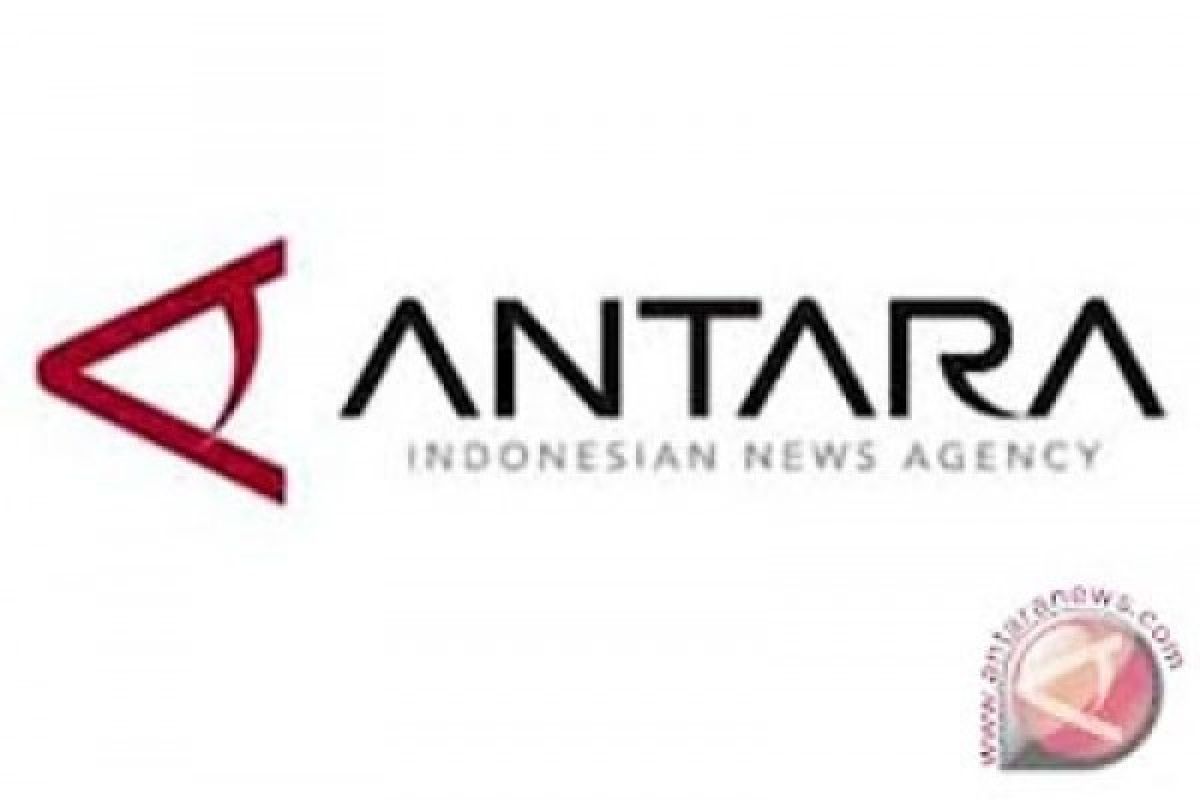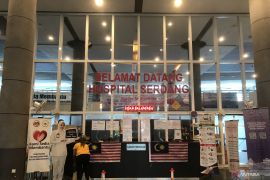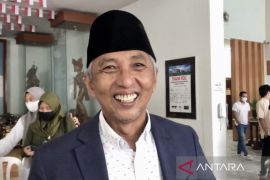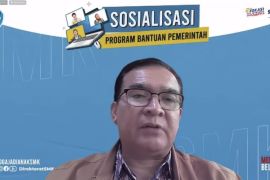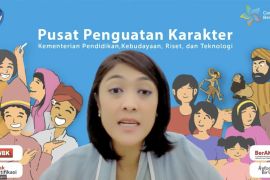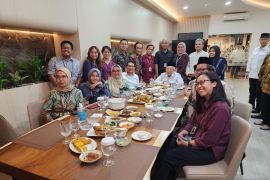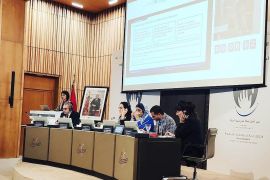"Lots of Indonesians live in Malaysia. Many are skilled but many others are not," he told Malaysian journalists, who interviewed him over the two countries` relations, after attending a commemorative event marking Indonesia`s Independence Day here on Friday.
Therefore, Kirana said the Malaysian Government is expected to allow Indonesians to have access to education or to provide permits for opening schools with Indonesia`s teachers and curriculum and with Indonesia also bearing the cost.
"We have yet to get permits for opening Indonesian schools in Malay Peninsula though many Indonesian children here do not have access to education," he said.
A different situation is seen in the Malaysian states of Sabah and Sarawak in the northern parts of Kalimantan Island, where the Indonesian citizens there have got access to education at a place called the "community learning center", he said.
In Sabah, there are 230 community learning centers for Indonesians, while in Sarawak, 54 community learning centers have been erected so far.
Each of the schools, which have been erected far away from each another, can only accommodate around 20 to 30 students, he said.
"In Kuala Lumpur, we have actually opened a community learning center at the Indonesian embassy but the place is not enough. This is not for a thousand or two thousand children. The learning centers are for tens of thousands of children."
"Looking at this issue from the perspectives of religion, humanity, and the United Nations, I think education is a must so people can read and write," he said.
Kirana said no Indonesian must remain illiterate when the country enters its 73rd year of independence.
"Illiteracy is a reasonable ground for concern," he said, adding that the Indonesian School in Kuala Lumpur (SIKL) can merely be accessed by Indonesian citizens with big incomes, while those with limited financial ability are not able to pay the tuition fees.
Reported by Agus Setiawan
Editing by Rahmad Nasution
Reporter: Antara
Editor: Otniel Tamindael
Copyright © ANTARA 2018
